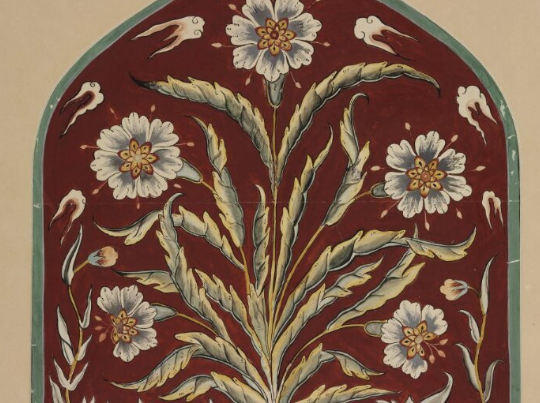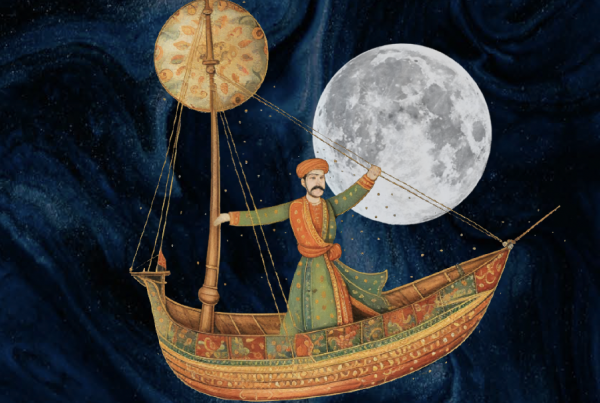The Kalam tradition, rooted in Islamic revelation and human theorizing, offers a perspective on
the nature of the world and encompasses various tenets of Islamic cosmology. In this
monograph, we will explore some key elements of this tradition, specifically focusing on the
important aspects of umur ʿāmma (general affairs) that aid in comprehending arguments for the
existence and attributes of God. We encourage the author to touch on the continuity between
this theory of the World and the description of the World in revelation. We will start with a
common sense approach and gradually delve into philosophical questions.
1. Nature of the World: According to the Kalam tradition, the world is considered
contingent and dependent, meaning it relies on a cause external to itself for its existence.
The world is not self-sufficient but requires a creator to bring it into being. This notion
aligns with the Islamic concept of tawhid (the belief in the oneness of God) and highlights
the transcendent nature of God.
2. Substances (Bodies, Atoms, Agents): In Islamic cosmology, substances are entities with
inherent properties and attributes. Bodies are composite substances, comprised of
smaller units known as atoms. Atoms, in this context, are indivisible particles that
constitute matter. Agents refer to beings with consciousness and volition, such as
humans and angels. These substances are considered contingent and dependent on God
for their existence.
3. Events and Accidents: Events, in the Kalam tradition, are occurrences or happenings that
unfold in the world. They can be seen as the interactions or changes that take place
among substances and involve the manifestation of different properties and attributes.
Events are contingent and rely on the existence of substances for their occurrence.
4. Essences: Essences, in the Kalam tradition, refer to the fundamental nature or defining
characteristics of substances. They define what a particular substance is and what
properties and attributes it possesses. Essences are seen as intrinsic to substances and
are a crucial aspect of their existence.
SAMPLE OF STUDY QUESTIONS
1. Is the



